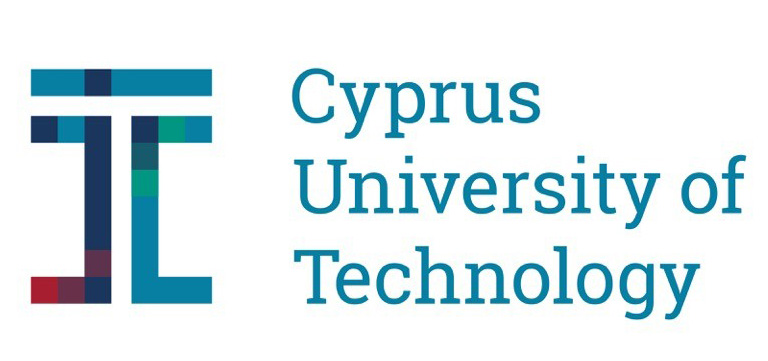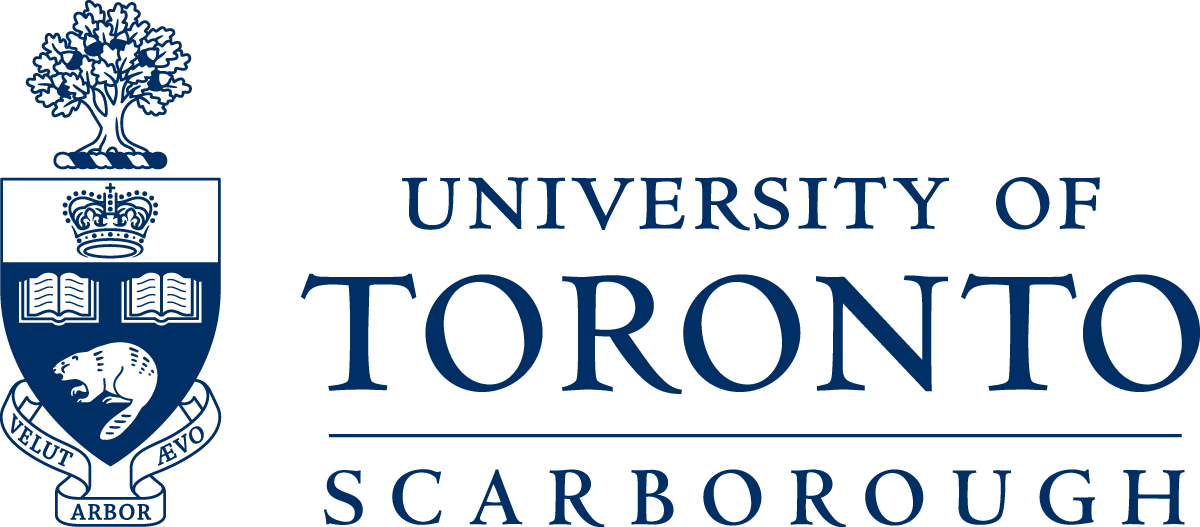Keynote Speaker

Dr. Hebe Vessuri was awarded this year's Bernal Prize*.
Dr. Hebe Vessuri
CIGA (Centro de Investigación en Geografía Ambiental)
UNAM in Mexico
Argentine-born social anthropologist, she is currently collaborating researcher at CIGA (Centro de Investigación en Geografía Ambiental), UNAM in Mexico; emeritus researcher from IVIC (Venezuelan Institute of Scientific Research) and principal researcher at the Patagonian Institute of Social Sciences and Humanities of CONICET-CENPAT (Centro Nacional Patagónico), Argentina. She has contributed to the emergence and consolidation of the field of social studies of science and technology in Latin America. In 2006 she was awarded the National Prize for Science of Venezuela and in 2014 the Oscar Varsavsky Prize to the scientific trajectory in the STS field, awarded by the Latin American Society of Social Studies of Science (ESOCITE). Her current research interests include today's wave of internationalization of the social sciences, and the digital transition and its impact on the practice of scientific research in geographically isolated regions. She is also an advisor to the Open and Collaborative Science in Development Network. In 2017 she was awarded the Bernal Prize*.
Click the following link for more details
https://es.wikipedia.org/wiki/Hebe_Vessuri
https://vimeo.com/117662260
Title:
Tapping knowledge globally: open access and mobile objects in an asymmetric world
Business relationships as much as international civil society, now online, and academia all afford channels for the international mobility of generic ideas and means for the circulation of particular forms of knowledge and kinds of relations in state and society. Since the 1990s globalization processes introduced substantial changes in the world framework of knowledge production. The literature on the social studies of science had emphasized that the generation of knowledge takes place in different localities and under particular circumstances. The situated character of knowledge has been particularly demanding for southern countries in their need to dominate the conditions of science implementation locally. But the new modalities of research internationalization in recent decades fostered the creation of international research networks, and a new wave of internationalization of higher education, research and culture, distilling the discourses of prevalent western policy directly or as spillovers in local systems. The expansion and acceleration of global interconnectivity has had significant socioeconomic and ideational implications that served to reconfigure the international system.
A most recent turn of the helm in some of the world power centers, however, seems to be signalling a new change of direction, heading towards a recomposition of the national space and proposing a new trend to isolationism. It remains to be seen how far this new trend will go to interrupt the processes already under way in the globalizing current. The current descriptive narrative of knowledge shows it as a network with multiple nodes and connections, and as a dynamic system very different from the notion common a few decades ago as a basic or lineal structure of disciplinary rhetoric. The metaphor of unity, together with the values of universality and certainty, has been largely replaced by metaphors of plurality and relationally in a complex world. The values of control, dominance and expertise have been redefined as values of dialogue, interaction and negotiation. What is called "open access" has been in the middle of it all. By open access we mean online research and knowledge outputs that are free of all restrictions on access (e.g. Access tolls) and free of many restrictions on use (e.g. certain copyright and license restrictions). Open access can be applied to all forms of published research output, including peer-reviewed and non peer-reviewed academic journal articles, conference papers , theses , book chapters and monographs, and by extension, art collections, videos, photographs or the production of electronic books. Despite obvious progress, digital gaps persist internationally and within national boundaries. Our presentation will deal with questions such as: In what way does the material and cultural context of the web function as conditioning device for the mobility of knowledge objects? To what extent are we not being dependent on contexts that require of us to be digital or to be digitally present in certain environments? In what sense is the recent activity of many knowledge institutions in the global south a response to the new mechanisms of exclusion, that is to say, an attempt not to be isolated for not belonging to special networks as they are currently configured? What is in practice the freedom museums/libraries of the global south may have in their initiatives and performance?
* Bernal Prize
"The Society for Social Studies of Science annually awards its Bernal Prize to an individual judged to have made a distinguished contribution to the field. Past winners have included many of the founders and prominent scholars who have devoted their careers to the understanding of the social dimensions of science and technology. The 2017 Bernal Prize winner is Hebe Vessuri, an Argentinian anthropologist whose contributions to the field of Science and Technology Studies have been methodological, empirical, conceptual, and institutional. Vessuri is author and editor of 31 books, and hundreds of articles, book chapters and government reports, written in English, Spanish, French, and Portuguese. A pioneer in the anthropology of science with fieldwork experience throughout Latin America, Vessuri has demonstrated how ethnographic studies of the sciences can inform both social theory and policy. Her conception of national styles of science, peripheral science, and of the cultural role of science in less-developed countries have been particularly influential in Latin America, helping define STS in the region. Her analyses of the role of science in diverse societies speaks powerfully to issues at the heart of contemporary politics around the world."
See the link below for the full announcement from the Society for Social Studies of Science (4S).
http://www.4sonline.org/prizes/bernal














